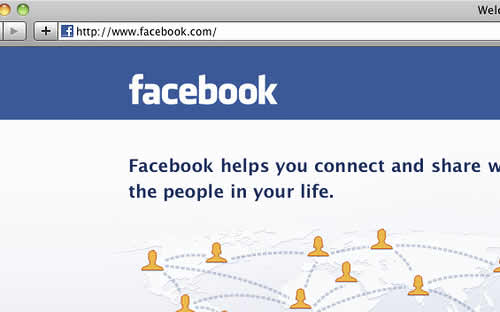Are Online Identities the Next Online Commodity?
Who owns our online identities when social media becomes publicly shared?
By Melissa Goertzen
When I was a teen, my friends and I went through different phases and tried on different identities until we found one that fit. This all happened around the time Web 2.0 first hit the scene and sites like Facebook and Twitter were under development. Sure, we documented our activities with photos, and expressed our opinions by passing notes when the teacher’s back was turned.
But at the end of the day, we created, owned and controlled our real-world identities. When we outgrew a phase, all of the physical evidence hit a dumpster and never resurfaced.
Online profiles contain vast amounts of information about your interests, personality, affiliations, and peer groups.? Essentially, they create an online brand that describes who you are during a certain time in your life.
But unlike the real-world, once content is uploaded to the Internet, it is indexed, archived, and available to companies or the general public for an indefinite period of time.? With this reality in mind, it is important to consider how the lack of control over personal content impacts your online identity.
Participating in online environments makes it simple to keep in touch with family and friends separated by geographic distances, find communities to discuss niche interests, or tap into hidden job markets by connecting with professional networks. Also, blogs or online zines promote freedom of speech and allow for the expression of opinions in a public arena.

Courtesy of?codemastersnake
But what happens when we start to outgrow an online identity? As life changes, your tone, perspectives, and interests change as well. The online persona that you created two years ago may not reflect who you are today, but unfortunately it isn’t possible to completely erase a past identity from the digital world. Footprints will always remain on server farms controlled by large companies.
While the lack of control over digital content has been discussed over the past several years, a new issue relating to online identities has surfaced in recent months. That is, who owns your online identity when privately owned social media sites decide to go public?
This issue was addressed in the media when Facebook went public in May 2012. Many users had concerns regarding how their profiles would be used and whether or not content could be harvested by large corporations. For weeks, users posted a Facebook Copyright Notice on their profile hoping to prevent personal photographs, graphics, and artwork from being used commercially without permission.
However, the Terms of Service outlined by Facebook state that all content posted on the site belongs to Facebook, and users continually agree to any service changes as usage policies evolve. Essentially, any content uploaded to Facebook is out of your control.
It remains to be seen how content posted on Facebook, or any other social media site for that matter, will be absorbed or used by companies in the future. However, we know that the digital world continues to evolve at a rapid pace, and there are growing limits on the control we have over our online identities.
As participants in virtual environments, how do we protect ourselves and our content not only today, but for years to come? If online forums continue to go commercial, in several years from now, we may be required to copyright our online personas, as they could be the new commodity up for sale.































Share the post "Are Online Identities the Next Online Commodity?"